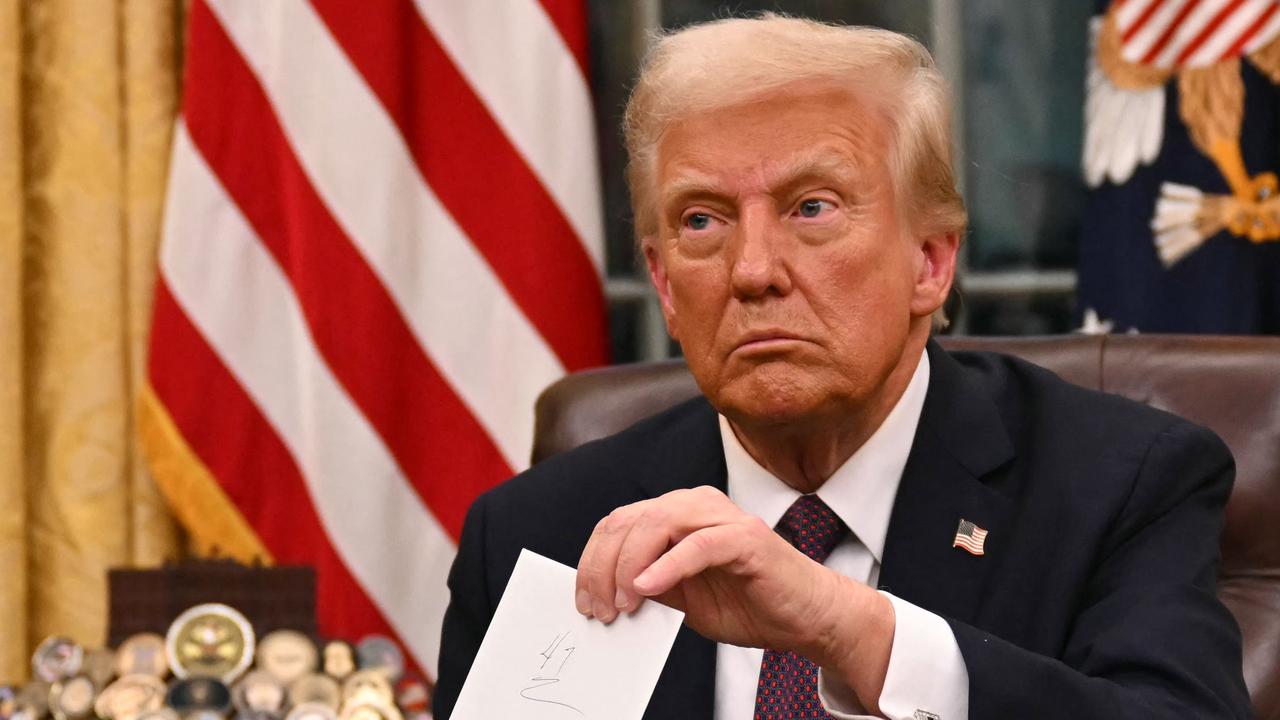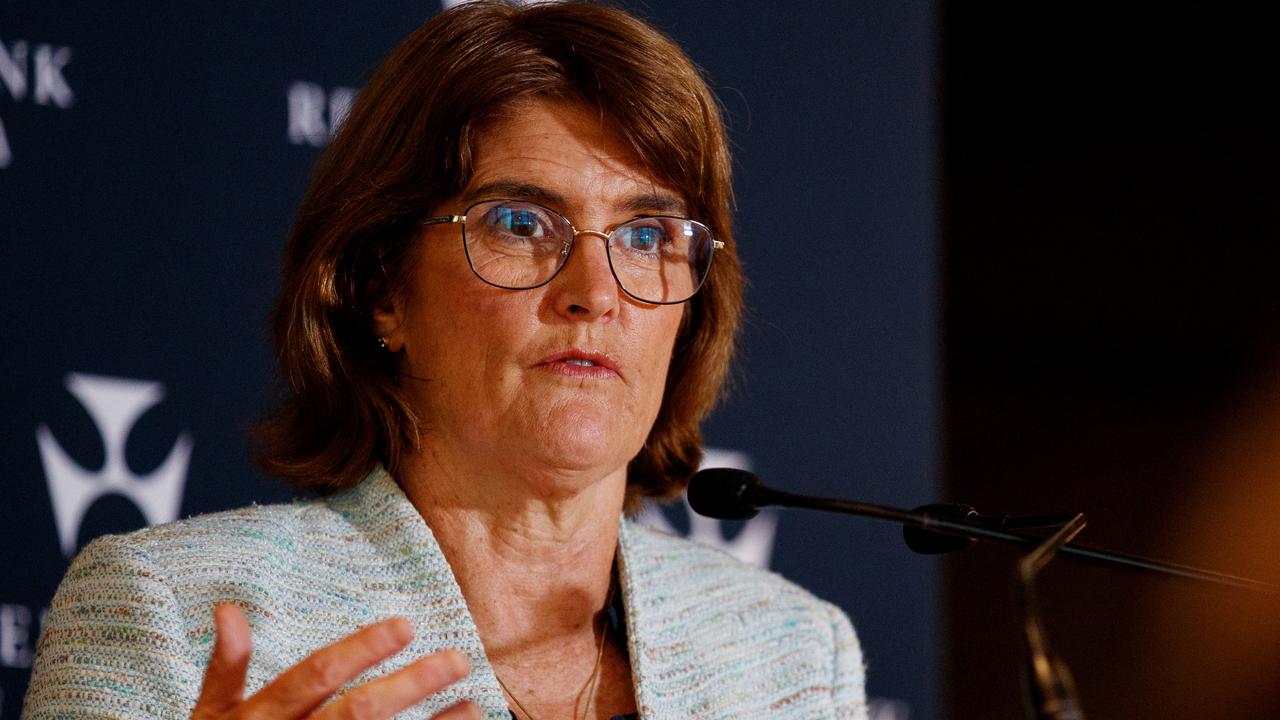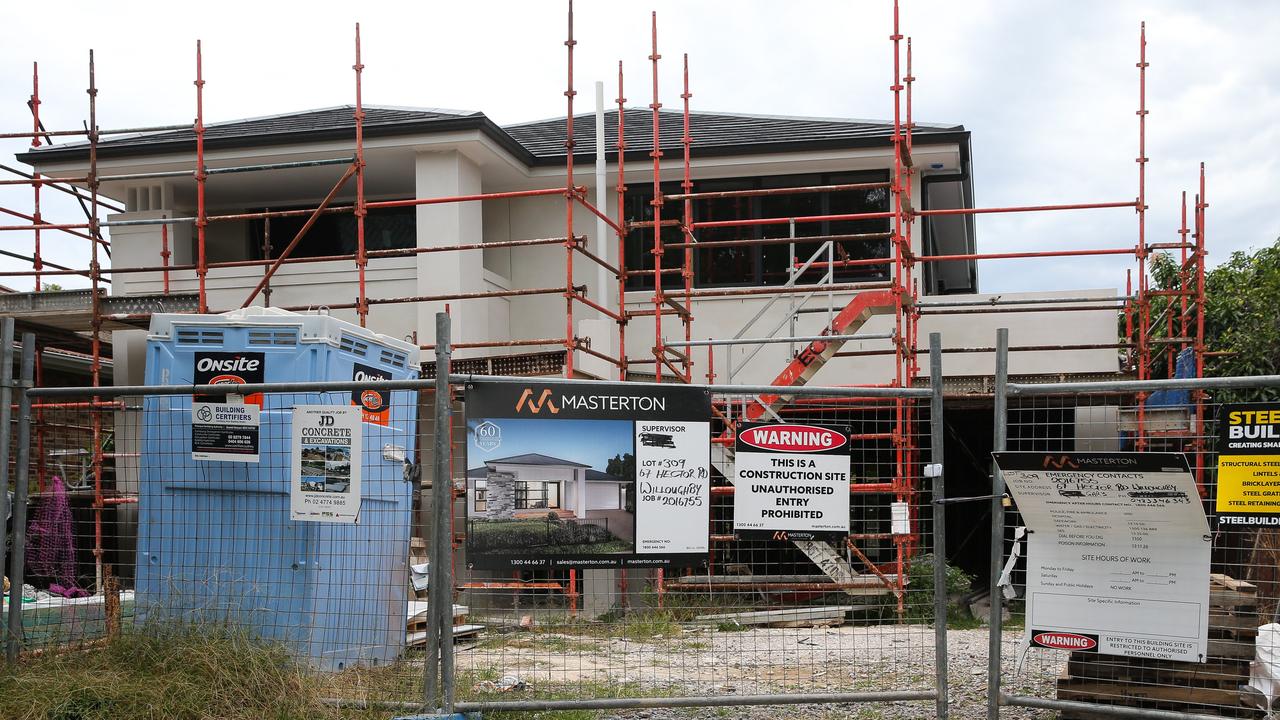RBA governor Glenn Stevens says the economy faces a 'difficult year ahead'
THE Reserve Bank will continue to lower interest rates, but is unlikely to cut to zero per cent because monetary policy is already working to stimulate the economy, economists say.

Interest rates won't hit zero - RBA
THE Reserve Bank will continue to lower interest rates, but is unlikely to cut to zero per cent because monetary policy is already working to stimulate the economy, economists say.
RBA governor Glenn Stevens did not rule out cutting the cash interest rate from its present 45-year low of 3.25 per cent.
"We'll be prepared to go low enough to what is needed," Mr Stevens told a House of Representatives Economics Committee hearing in Canberra.
But the RBA chief said official rates are unlikely to fall to zero, like in other countries, because the nation's financial system and ability to pass on rate cuts is more sound.
Mr Stevens said many countries have lowered their benchmark interest rates to zero or near enough "that it no longer matters".
"It is not my present expectation we're going to find ourselves at nothing," Mr Stevens said.
St George Bank chief economist Besa Deda said rates were likely to fall to a record low of 2.25 per cent in the current easing cycle.
At this level, rates would still be higher than the US federal funds rates target range of zero to 0.25 per cent and Japan's benchmark rate of 0.1 per cent.
"We continue to look for more RBA rate cuts in coming months, but believe that the size of the cuts will be smaller and there may be some pauses between meetings," St George's Ms Deda said.
"RBA governor Stevens indicated that the central bank will ease rates again if needed.
"Australia cannot remain immune to the severe synchronised downturn in the world economy, but RBA stimulus is needed to help cushion the slowdown underway in the Australian economy."
Australia's cash interest rate of 3.25 per cent is one of the higher such rates in the advanced world, even though it is at its lowest point since 1964.
Commonwealth Bank chief economist Michael Blythe said the RBA was likely to keep interest rates on hold in March, and cut rates by 50 basis points in April.
This would take the cash rate to record low 2.75 per cent.
"While a terminal cash rate in the twos looks quite high relative to the cash rates in place in other countries, there was a suggestion in the governor's testimony that interest rates were getting close to the point where further easing would not be effective," Mr Blythe said.
The RBA has slashed interest rates by 400 basis points since September.
"The RBA sees itself as having eased aggressively and well ahead of the domestic economic data," Mr Blythe said, adding that the bank was likely to cut rates by smaller margins in the future.
"The game plan involves signalling that the period of large, rapid rate cuts is drawing to a close.
"And any further moves would be more modest in scope and less rapid," he said.
Mr Stevens said interest rate cuts in Australia had been more effective than in other countries with extremely low interest rates because the transmission system was working more effectively.
"The reason those other countries are that low is that they have been in a position where they are pushing on the accelerator, but the linkage to the engine got broken because the interest rates that the borrowers actually paid didn't fall and they had to keep pushing harder on the accelerator to try to get some effect," Mr Stevens said.
"We haven't got that problem and I don't think we will have to go so I'm not sure we'll need to go that low."
"We have enough power yet in interest rate instruments to do what's appropriate."



